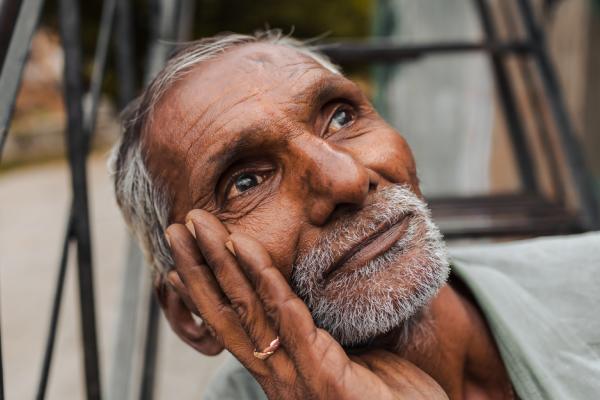Apr 12, 2016
Listening to faces is hard work and has to be developed slowly over time. We live in a world that teaches us to speak twice as much as we listen, or to speak without listening at all. Yet, over time, listening to faces will grow the most important thing we can have in our hearts — deep empathy for each person we encounter every day.
Read the Full Article

Already a subscriber? Login
